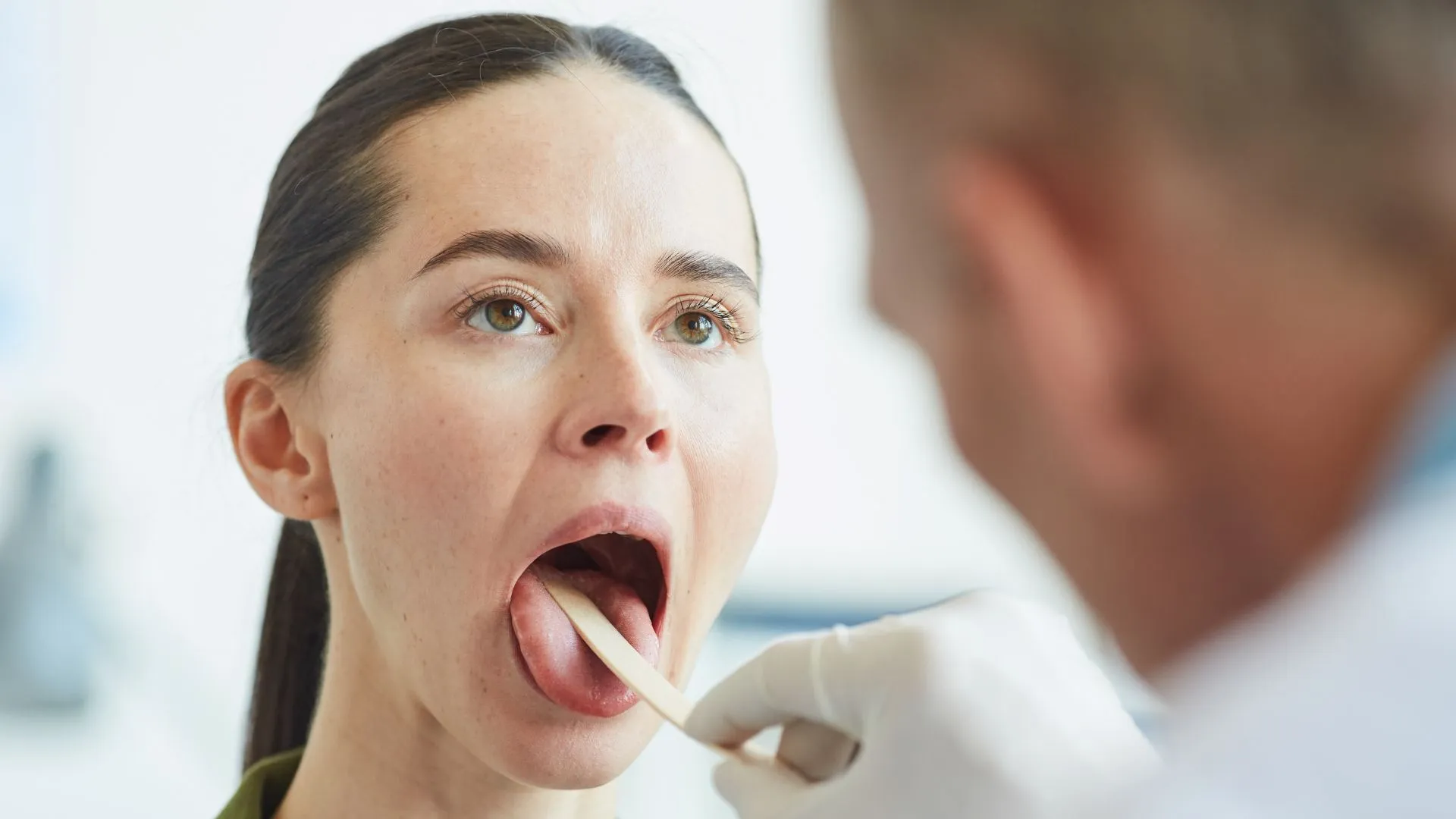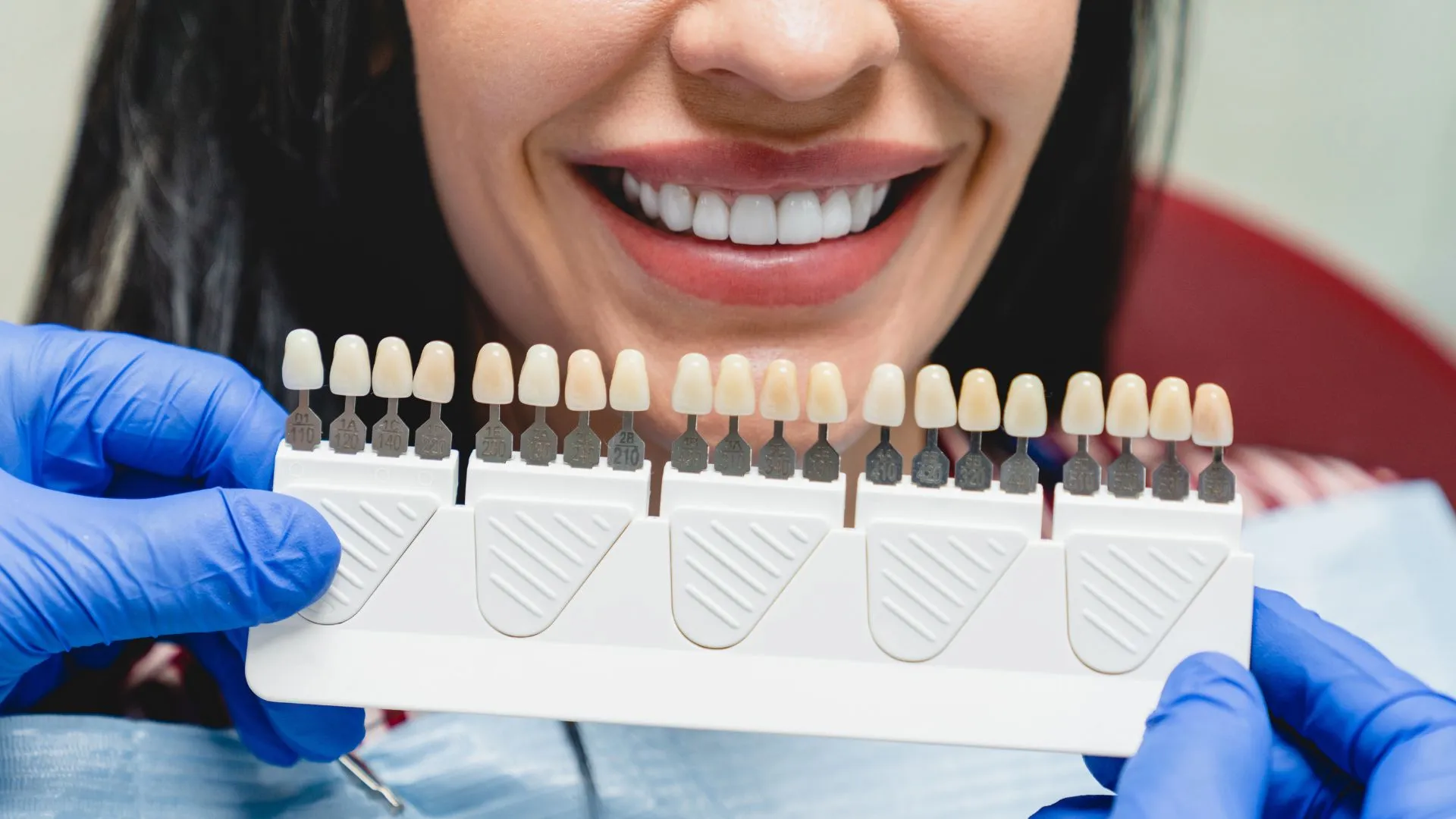You can be sure that our dental staff is keeping close, well-rounded attention on your oral health as a whole. Cancer is a medical problem that may not be readily associated with dentistry but at every exam, your dentist is on the lookout for potential…
You can be sure that our dental staff is keeping close, well-rounded attention on your oral health as a whole. Cancer is a medical problem that may not be readily associated with dentistry but at every exam, your dentist is on the lookout for potential signs of oral cancer.
Oral cancer encompasses cancers of all parts of the mouth including the tongue, throat, and lips. The annual rate of newly discovered cases of oral cancer is at 54,000 new cases per year in the U.S. alone and this number appears to be growing. While certain lifestyle choices are found to increase the likelihood of developing oral cancer, anyone is potentially susceptible.
Oral cancer has a good survival rate for cases that are caught early on. Oral cancer screenings performed by your dentist can make sure that if a problem does develop, it is discovered right away.
How is oral cancer discovered and diagnosed?
The screening involves both looking and feeling for irregularities by your dentist. All areas of the mouth, throat, neck, and parts of the head will be examined either by sight, x-ray or touch. The dentist will be checking for things like sores, lumps, and cysts as they can all be indicators of potentially serious concerns.
If Dr. Nozaki finds something during the screening that concerns him, there are a couple of routes he may want to take. Unless something looks particularly alarming, a brush biopsy is usually the most common choice at the first sign of a potential problem. A small brush is used to collect a sampling of cells from the suspected area to be analyzed. If the dentist strongly suspects cancer may be present by sight alone, a slightly more invasive biopsy can be performed under local anesthesia in order to get a better idea of what is going on.
Treatment and prevention of oral cancer
In treating oral cancer, surgery may be employed to remove growths or affected tissue. Radiation or chemotherapy may be used singularly or paired with surgery for the best possible results. In cases where cancer cells remain after surgery, radiation or chemotherapy can often eliminate what may still exist.
Oral cancer prevention is applicable to everyone–not just those who may be more susceptible to the disease. Making sure to come in for cancer screenings as part of your routine checkups can potentially catch a problem early on to avoid complications in the future and quite possibly save your life. Self-exams performed every month or so can also aid greatly in keeping a close eye on your health. Using a flashlight and mirror to inspect the inside of your mouth can allow you to spot anything that may look questionable. Also, remember to feel the neck and jaw as lumps and cysts can form here, and use an SPF lip balm when in the sun.



